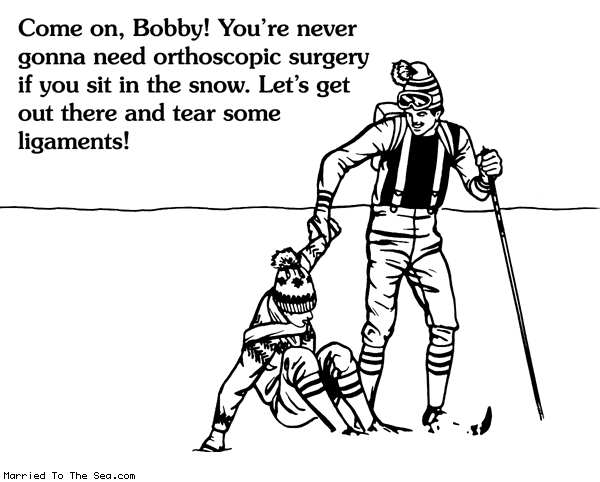It’s been a rough month.
Lately, I feel like I have been sliding into a bit of a funk for no good reason. Let me preface by saying what follows is (probably) unjustified bitching from someone who is well aware he has good health, a loving family, a host of supportive friends, a caring girlfriend, a job that I (usually) enjoy and all in all, no real reason to be feeling like shit lately
That said, I am beginning to feel like the hospitalists have all been ganging up on me and turned me into the hospitals whipping boy. It doesnt matter how many difficult diagnoses I catch, or studies I order creating my differential, I never really get any feedback for positive things. But the moment I forget to order something or am not aware of every lab that is back instantly, the hospitalist saunters around with a “I am concerned about your performance, it seems you lack motivation, or clinical judgement, or whatever the complaint du jour is of my abilities.”
It didnt help that during my most recent wards month I was saddled with a difficult intern who would copy paste notes, not follow up on labs, and in general was just slow moving and disorganized. So in attempting to work with said intern, and eventually just doing the interns work so I could get out in a timely fashion, certain things that may not have slipped my attention otherwise did. Now nobody died or got sicker as a result of these decisions, but I cant be everywhere and do everything at once, and being blamed for things that are essentially beyond my control is not fun for anyone.
I never seem to hear these complaints during subspecialty months, but the second I am saddled with a hospitalist, I apparently turn into the worst resident ever.
Now I like to think I am well aware of my faults and limitations, have good insight and in general try to constantly improve myself and take all feedback and or criticism into consideration. But I have finally reach a point of learned helplessness, where it seems that no matter what I do, I end up with a average to mediocre evaluation which results in the equivalent of being called into the principals office to discuss concerns with the program director.
And because our program tends to be very hospitalists vs residents, it always comes down to my word against theirs, so extenuating circumstances such as personality conflicts or any sort of positive improvements or efforts dont come into play, just a lecture that i should be performing at a higher level, i managed to get into fellowship and where is all that potential i apparently was showing back when the housestaff didnt hate me.
At this point I am so tired of playing the game. I just want to sign my contract for fellowship and get the heck out of this program, this environment, and this state. It’s time for a change of pace, and to bring back the happy carefree person I feel like I used to be.
And for icing on the cake, while I am finally back on GI, my attending is the program director who rejected me (although thank goodness I matched to a program that will train me better anyway) and the fellow is our former chief resident, who we all disliked for being two-faced. However, at least I like what I am learning and anything I go through now will only help prepare me better for fellowship next year
I just wish I could catch a break.



Recent Comments